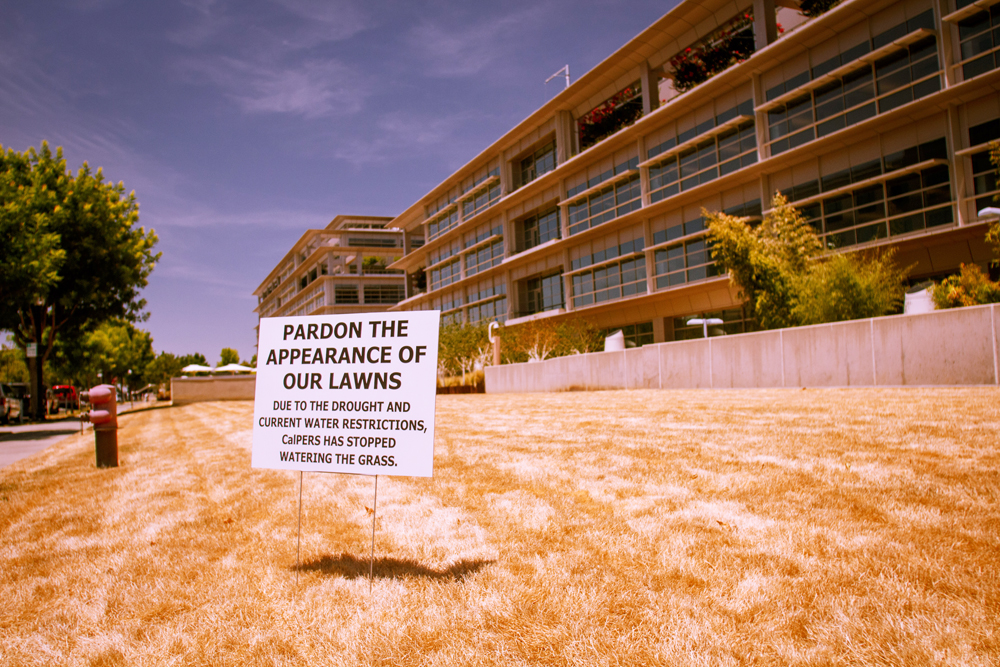As anyone with a disability will tell you, it’s hard to live with one. Of course, attending college is difficult anyway, even more so if you’re navigating university while disabled. This is the reason why Portland State University should be doing everything possible to support disabled students.
Unfortunately, that’s often not the case. As PSU Vanguard has previously reported, the Disability Resource Center (DRC) is chronically underfunded and understaffed, which causes this campus resource to be underutilized by students who need it. Accessibility concerns at PSU are a longstanding problem, as Vanguard has reported for years.
As a writer for the Vanguard, I’ve written before on issues regarding PSU’s mental health support systems, including ones related to DRC accommodations for mental health and developmental disorders. Many of these issues apply to all kinds of disability accommodations, whether students are chronically ill, hard of hearing, rely on a mobility aid, have a learning disability or have any other disability that impacts their academic experience.
For one, the need for a formal diagnosis in order to access accommodations is an ongoing problem, and one that often gatekeeps many students from accessing the help they need to keep up with their classes.
According to the Association of Health Care Journalists (AHCJ), average wait times to see a provider in the United States for non-urgent care range from 27 days in Houston to 70 days in Boston. If you need to see a doctor to get a formal diagnosis for a disability, let’s hope you’re able to wait a while.
That’s assuming you can get a diagnosis from your primary care provider and that you even have a primary care doctor, which, according to the National Association of Community Health Centers, a third of Americans do not.
If your disability requires a specialist to give a diagnosis—say from a rheumatologist or a psychiatrist—you’re going to have an even harder time. According to the AHCJ, nationwide, “average waits ranged from 20 days for orthopedic surgery to 68 days for rheumatology.”
It’s no better for mental health diagnoses. According to a 2023 research article in General Hospital Psychiatry, less than 20% of psychiatrists in the United States were accepting new patients. Median wait times for in-person and telepsychiatry appointments, respectively, were 67 days and 43 days.
“Psychiatric care,” the authors of the article concluded, “has been restricted in the US with low accessibility and long wait times.”
An academic term at PSU is 10 weeks, or about 70 days. If a student needs accommodations for a disability that interferes with their ability to attend class, engage with the material or otherwise remain in good academic standing, they’re left up to the mercy of the American medical system. This creates a scenario where a disabled student could fail their classes through no fault of their own, unable to receive accommodations without a formal diagnosis.
Regarding mental health diagnoses, there’s also a new lurking threat—the fear of being put on a federal list based on a disability diagnosis. I wrote an article for Vanguard earlier this month about U.S. Health and Human Services Secretary Robert F. Kennedy’s “war on autism,” and the alarm raised by autism advocacy groups over the administration’s potential collection of personal identification medical information.
President Trump’s Feb. 13 executive order establishing the “Make America Healthy Again Commission” raised alarm bells as well. It stated that an increase in Attention Deficit Hyperactivity Disorder (ADHD) diagnoses among children “poses a dire threat to the American people and our way of life,” and directs the commission to “assess the prevalence of and threat posed by the prescription of” medications including selective serotonin reuptake inhibitors, antipsychotics, mood stabilizers and stimulants.
In short, if the DRC truly wants to support disabled students, it should work to do away with the diagnosis requirement, or at least provide stop-gap accommodations for students who are unable to receive one in a timely manner. What would be the harm in providing an accommodation for a student with a clear need, despite lacking a piece of paper from their doctor? Is there some epidemic of students with fake disabilities rushing to the DRC to… what, wait two to four weeks for an appointment to get an accommodation that their professor may or may not even cooperate with?
Believe me, nobody is going through the labyrinthine process of accessing disability accommodations unless they need it. It’s hard enough to navigate with a diagnosis. Considering there are now real fears for students who receive certain diagnoses, a harm-reduction approach would prioritize giving help to students who need it, whatever their situation is.
To serve all disabled students effectively, the DRC needs better funding, more staff and more support from the university. Given PSU’s $18 million budget deficit and misguided cuts to essential services, that’s unlikely to happen, but to live with a disability in this society is to get used to disappointment.






